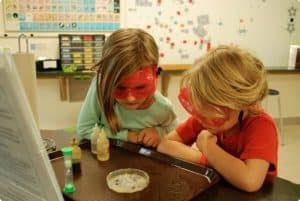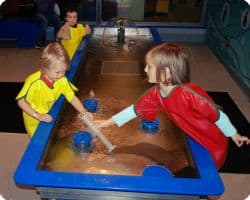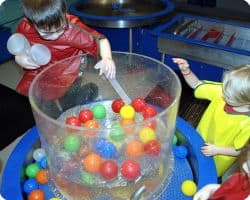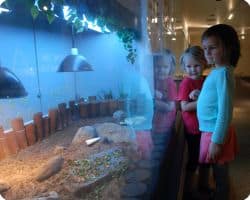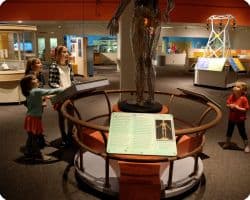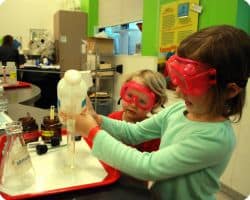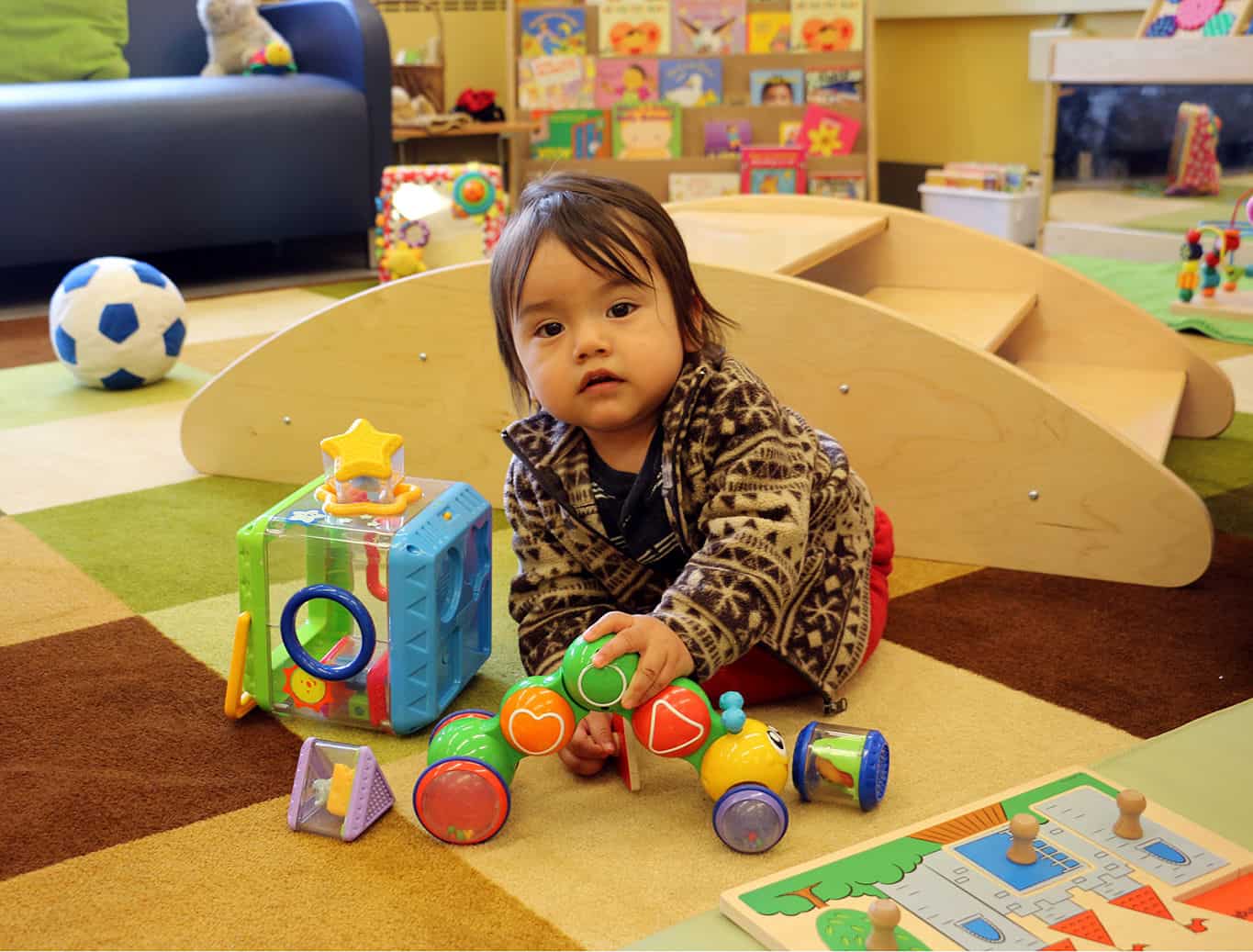
The United States is increasingly a nation of extremes with growing wealth and opportunity for some, and declining wealth and opportunity for many others. These stark social and economic inequalities are clearly reflected in how we educate our children.
Some students receive a world class education from preschool through college. But far too many children are receiving an outdated education, one that will leave them behind in a competitive world, and will continue to reinforce achievement and opportunity gaps for multiple generations.
Ruby Takanishi, senior research fellow at New America and author of the book First Things First! Creating the New American Primary School, calls our educational inequalities the “civil and human rights challenge of our time.” These differences in opportunity, learning, and school preparedness begin as early as birth and are firmly entrenched as children enter kindergarten. They are also particularly intractable because they are connected to socio-economic conditions that impact families and communities, especially low-income children and children of color.
In this context, it’s important to understand that learning begins at birth and children experience their most profound cognitive, social, and emotional growth during their first eight years. Decades of research demonstrates that experiences shape our brains, and the quality of early learning experiences establishes the foundation for all future learning.
It is also true that advantage and disadvantage accumulate over time, and that for those who begin their lives furthest from opportunity our educational institutions and systems have very little to offer to help them catch up with their more advantaged peers.
This reality is especially acute in a state like Oregon, where the high school graduation rate is among the worst in the country. At the same time, we know that third grade reading proficiency is an excellent predictor of high school completion — students who do not read proficiently by the end of third grade are four times less likely to graduate from high school than proficient readers. Fewer than 50 percent of all third graders in Oregon are proficient in reading.
While action is necessary in middle and high school to improve graduation rates, it simply isn’t enough. Directing energy and investments toward early childhood can give children the foundation they need to succeed academically, graduate from high school, and improve their economic stability and health outcomes down the road.
If we’re serious about equitable high-quality education for all children beginning in preschool, we need to address gaps and differences in early opportunities right now. This can include new or retooled state and federal investments, cross-sector partnerships, collaboration with long-standing programs such as Head Start, research-based planning, nonprofit advocacy and much more.
Five Early Learning Innovations in Oregon
The following examples reflect efforts to build an effective, high-quality early learning system that meets the needs of the state’s diverse communities:
- Early Learning Hubs: Created in 2013, Oregon’s Early Learning Hubs were created to establish an aligned, coordinated, and family-centered early childhood system to ensure children arrive at school ready to succeed. Using a collective impact model, the hubs engage early learning, health, human services, K-12 education, and private sector partners to work on common goals. Select hubs execute the state’s new preschool program, Preschool Promise.
- Kindergarten Partnership and Innovation Fund: Also created in 2013, this fund connects the early years to the early grades and provides community-level supports based on community needs and resource assessments. Funding allows for family engagement, kindergarten transition supports, and professional development programming. It also allows the Early Learning Hubs to work toward reaching all 3-5-year-olds in their service area with kindergarten preparedness curriculum focusing on math, literacy, and social emotional skill development. Importantly, it allows local teams to develop goals and strategies to meet specific needs in their community.
- Early Works Initiative: Developed in partnership with school districts, philanthropists, researchers and a network of local nonprofit organizations, Early Works sites serve as learning laboratories for educators, administrators, policymakers and communities working to connect early learning with the primary grades. The multi-year initiative has helped build a system of supports for children and families from birth through third grade to strengthen community-based services and state policy. While services are publicly funded, the initiative relies on participation from parents and families, annual evaluation and data collection, and a broad network of community and school stakeholders to continually evolve services, address community needs, and improve outcomes.
- P-3 Alignment: P-3 (prenatal through third grade) alignment efforts, funded by the Oregon Community Foundation in partnership with The Ford Family Foundation and the Lora L. and Martin N. Kelley Family Foundation Trust, are designed to improve kindergarten readiness and third grade reading with a long-term goal of improving high school graduation. The initiative funds 10 communities to change how schools interact with families to strengthen child development and better connect early learning providers with schools.
- Center Training Assistant (CTA) Program: Created by Portland-based Albina Head Start, the CTA program offers parents in the community training and classroom experience to help prepare them for careers in early childhood education. The program also supports the development of an ethnically and linguistically diverse workforce. A teaching workforce that reflects the cultural and ethnic diversity of the student population is an approach that improves early learning.
The evolution of primary education at the state level is essential. Federal investment in children and families is declining, and the most recent authorization of the Every Student Succeeds Act (ESSA) reinforces state roles. This means educational opportunities will vary from state to state, lack national norms or consistency and, in many cases, continue to reinforce societal inequalities that continue to plague our communities.
As states work to improve and strengthen early learning opportunities and investments, they should do so knowing their efforts promise to yield tremendous returns for our most vulnerable children and families. However, since early learning experiences such as child care and preschool are still largely private goods, accessing them depends on family economic resources. Public investment in such opportunities is essential.
It’s hard work sticking to a long-term vision that drives toward equitable opportunity and achievement. But states that invest time and resources in early learning can alleviate racial and socioeconomic inequities, empower families, schools and communities, and improve the lives of children by ensuring a strong beginning.
This article originally appeared on Getting Smart.
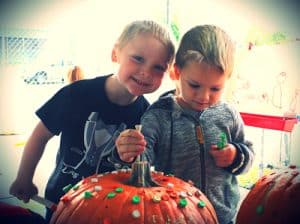 Investments in early childhood that focus on children age 0-5 can yield a 13 percent return. Talking with Marina Merrill, Children’s Institute’s senior research and policy advisor, we examine the results of a recent paper from James Heckman called The Life-Cycle Benefits of an Influential Early Childhood Program. Heckman, professor of economics at the University of Chicago and Nobel Prize winner, looks at two programs in North Carolina that began in the 1970s and details positive outcomes in education, health, social behaviors, and employment.
Investments in early childhood that focus on children age 0-5 can yield a 13 percent return. Talking with Marina Merrill, Children’s Institute’s senior research and policy advisor, we examine the results of a recent paper from James Heckman called The Life-Cycle Benefits of an Influential Early Childhood Program. Heckman, professor of economics at the University of Chicago and Nobel Prize winner, looks at two programs in North Carolina that began in the 1970s and details positive outcomes in education, health, social behaviors, and employment.
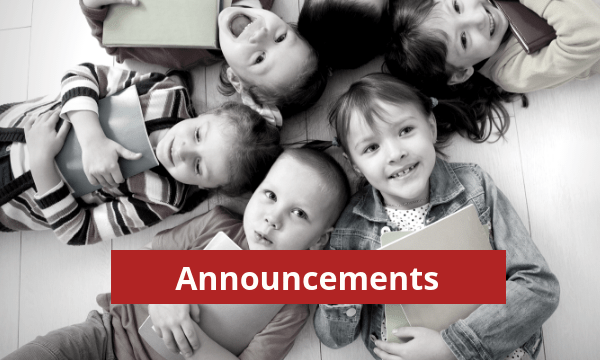
 The United States is increasingly a nation of extremes with growing wealth and opportunity for some, and declining wealth and opportunity for many others. These stark social and economic inequalities are clearly reflected in how we educate our children.
The United States is increasingly a nation of extremes with growing wealth and opportunity for some, and declining wealth and opportunity for many others. These stark social and economic inequalities are clearly reflected in how we educate our children.
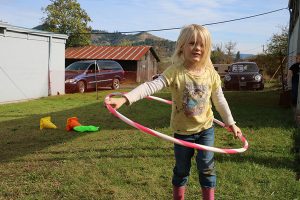
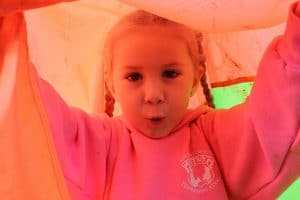
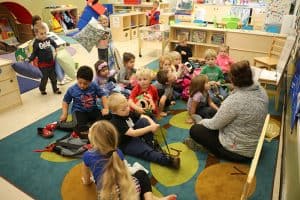
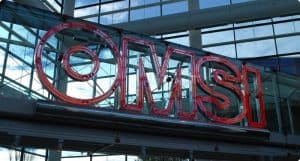 For this segment of the Early Link Podcast, I brought my kids to the
For this segment of the Early Link Podcast, I brought my kids to the 